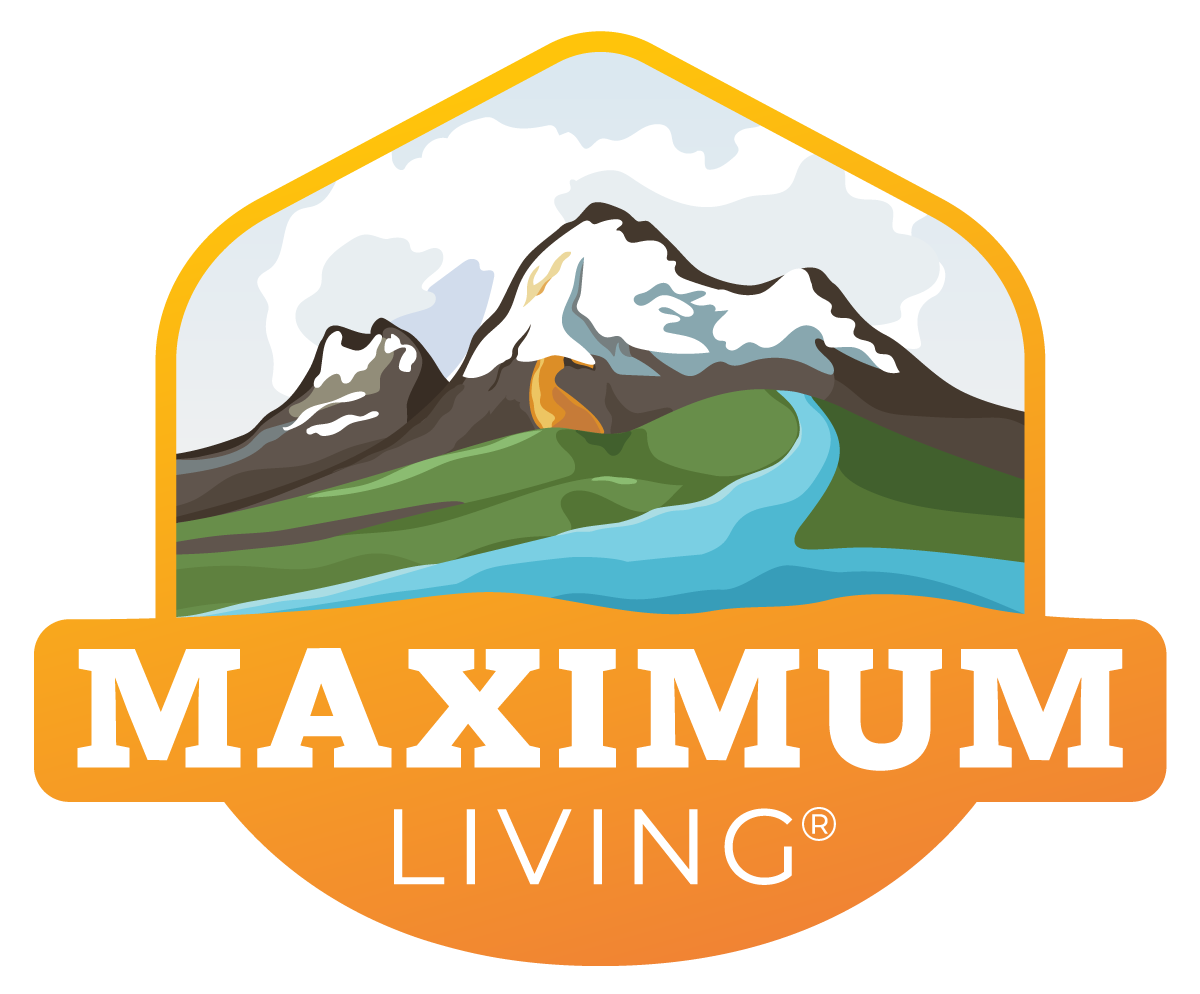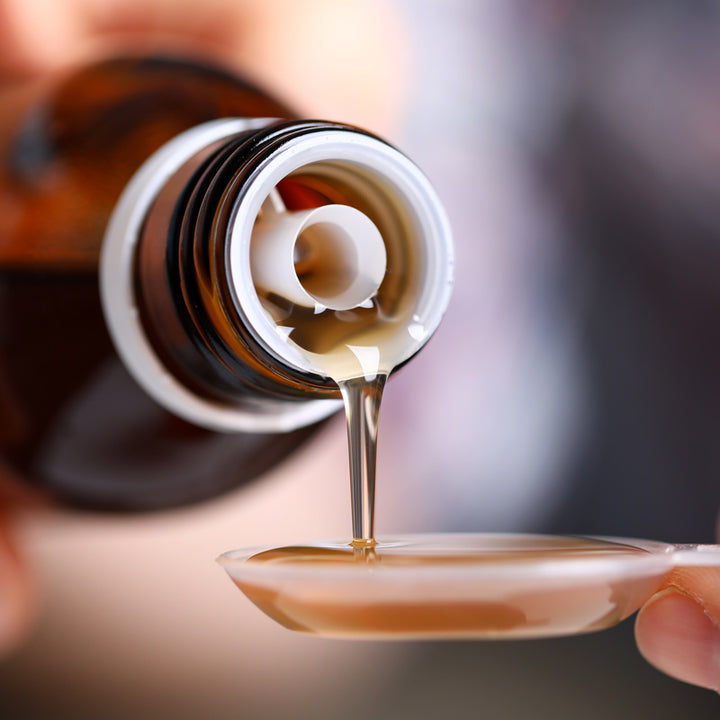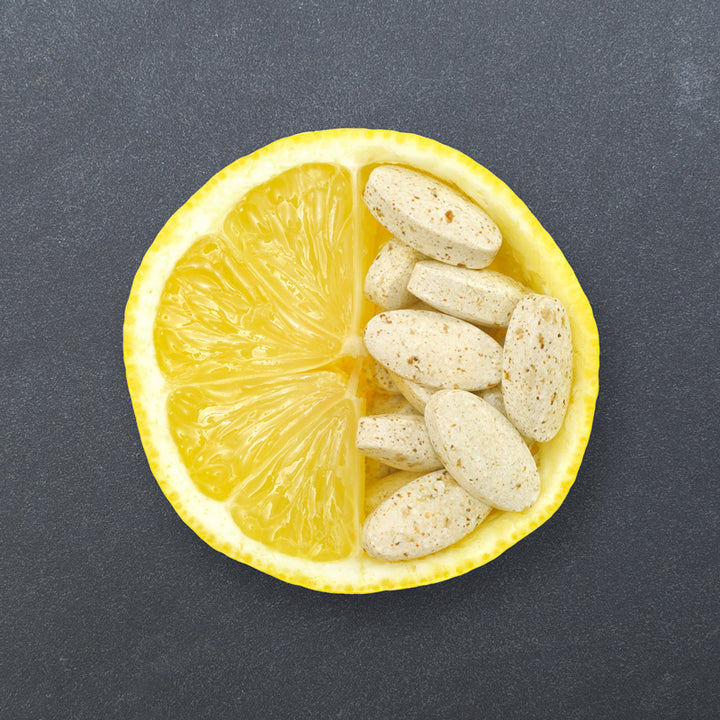What Is Silica And Is It Safe?
If the word “silica” gives you a hint of skepticism, you aren’t alone. There’s a lot of confusion around this ingredient, its benefits, and whether it is safe to consume.
Specific forms of silica can have many health benefits, however, including promoting healthy bones, hair, and skin.
To help you better understand this ingredient, this post dives into the basics of silica – what is it, how it is used, and what forms are okay to consume. We will also cover why it can be beneficial to you and how to ensure you are getting enough in your diet.
What Is Silica?
Silica is formed when two of the earth’s most abundant elements, oxygen and silicon, bond together.
Silicon, along with being the second most plentiful element on earth, is the third most abundant trace element in the human body – found mostly in the connective tissue and skin. In the environment around us, silicon exists in water, plants, and animals.
It is rare to find this natural element in its pure form because it so easily bonds with oxygen, creating silica.
Side note: It’s important to emphasize that silicon is not the same thing as silicone. Adding that ‘e’ to the end of the word describes a synthetic material used for many resources, including medical devices and electrical insulation.
Is Silica Safe For Consumption?
Although all silica is made from the same chemicals, the structure can vary, which means there are various categories of this compound – some forms come with health benefits and are safe to consume, while others are used as non-consumable resources and may be toxic.
Before you begin to panic about that ingredient in your food or supplement – let’s break it down into two of its main categories – crystalline and dietary.
Dietary Silica vs. Crystalline Silica – What’s the difference?
- Crystalline Silica
Crystalline is an adjective meaning something is crystal-like. Basically, that means the atoms are in a very specific microscopic order. This is a solid form of silica, and its most commonly found as the mineral quartz.
There are many minerals made with silica, including granite, and these minerals are referred to as silicates.
Silicates are key ingredients for many industrial and commercial products, such as bricks, ceramics, glass, and concrete, to name a few.
So, is crystalline silica safe? Although the CDC says environmental exposure to normal amounts of this silica has no known health effects, it is pretty obvious that you would not want to eat bricks or glass. Not only would it leave a pretty bad taste in your mouth, some forms of crystalline silica may be toxic when ingested, according to the National Library of Medicine.
Did You Know?
You may have seen the name “silica” on a small gel-filled packet in your package of beef jerky or even the new purse you bought. These are silica gel packets, and they absorb any unwanted moisture in these products.
So, are these gel packets dangerous?
It is unlikely that silica gel will break down in the body, meaning it will simply pass through. It can be a choking hazard, however, and if too much is consumed, it can cause blockages in your intestines.
It’s best to throw these packets away and keep them away from pets and children.
Unlike crystalline silica, dietary silica is water-soluble. It is formed in a process called hydrolysis, which occurs when water molecules break up chemical bonds, like those found in minerals.
So even though dietary silica is still made up of silicon and oxygen, its structure is altered, allowing it to dissolve in water.
The most common form of this type of silica is orthosilicic acid. This source of silica is found in seawater, seafood, vegetables, and even beer!
Dietary silica is considered safe when consumed in appropriate doses and can have many health benefits.
The Health Benefits of Dietary Silica
Research suggests that silica, found in the body’s connective tissue, is involved in the production of collagen – a protein in your body that is key in the formation of bones, skin, and muscle.
It’s important to make sure your body has adequate amounts of collagen to keep your bones, muscles, and skin healthy and strong, especially as we get older. Our bodies produce less and less collagen as we age.
Dietary silica can help your body produce more collagen, naturally.
This increased collagen production has shown to have an effect on bone density.
According to the National Center for Biotechnology Information, two studies conducted on the intake of dietary silica revealed that higher intake was associated with a higher bone mineral density – meaning stronger bones.
Another study involving race horses, found that horses that began taking silica supplementation at 6 months old not only had significantly faster race times after 18 months of taking silica, but also had more bone mineral density.
Silica for Skin and Hair Health
Collagen is not only key to strong bones, but also for our skin and hair.
Along with its collagen-producing benefits, silica activates enzymes that assist in the production of elastin – another protein in the body that helps tissue keep its shape.
Thanks to these abilities, silica can improve the strength and elasticity of our skin.
As if giving us stronger bones and healthier skin wasn’t enough, it is also possible that silica can lower the rate of hair loss and “brighten” your locks.
In a study from the Archives of Dermatological Research, women who took a dietary silica supplement for nine months had stronger and thicker hair compared to those who took the placebo pill.
The Best Ways To Get Silica: Foods And Supplements With Silica
You are more than likely getting small doses of silica in your current diet, that is if you eat whole grains, fruits, beverages, and vegetables – all of which contain traces of silica.
In order to be properly absorbed by the body, the silica must have a certain level of solubility (the ability to dissolve in water). So although some foods, such as bananas, have a high silica content, it is not easily absorbed in the body.
A few foods that have a higher absorbable silica content are:
- Green Beans: 6.19mg in 250g
- High-bran cereal: 10.17mg in 100g
- Whole grain bread: 4.50mg in 200g
- Raisins: 8.25mg in 100g
- Beer: 8.25mg in 12 oz.
With no evidence to suggest harmful effects from taking dietary silica, it is recommended that healthy individuals get a maximum of 700–1,750 mg per day.
So, if you want to ensure your body has an adequate amount of collagen-promoting silica to keep your bones, hair, and skin healthy, you may need to up your silica intake with supplements.
A Liquid Silica Supplement + B Vitamins and Trace Minerals
With 1,000 mcg of dietary silica, Maximum Living’s liquid mineral drink, MineralRich, provides a highly-soluble silica that can be absorbed at the cellular level (without digestion), unlike many silica-rich foods.
While MineralRich’s silica content is not as high as some foods, it isn’t the only ingredient in this powerful mixture to help your hair and skin, but also boost your energy and overall health.
The dietary silica is combined with 200 mcg of biotin – a B vitamin key in hair health – plus macro minerals, calcium, magnesium, zinc, selenium, manganese, chromium and potassium, in precise quantities together with trace minerals for loads of health benefits.
You can rest easy knowing that MineralRich has the highest-quality silica and goes through an intensive process to ensure its safety. The ionic trace minerals in MineralRich are naturally balanced, ionically charged, and dissolved in pure water, then circulated through an ultraviolet light prior to blending. Heavy metals are tested to the millionth particle.
Additionally, our products are made in compliance with the strict FDA GMP (Good Manufacturing Practices) guidelines for Dietary Supplements, DSHEA, as well as all local, state and federal regulations.
Ready to give MineralRich a try? Click here to get a $10 off code of your first purchase of MineralRich!


